Premium Only Content
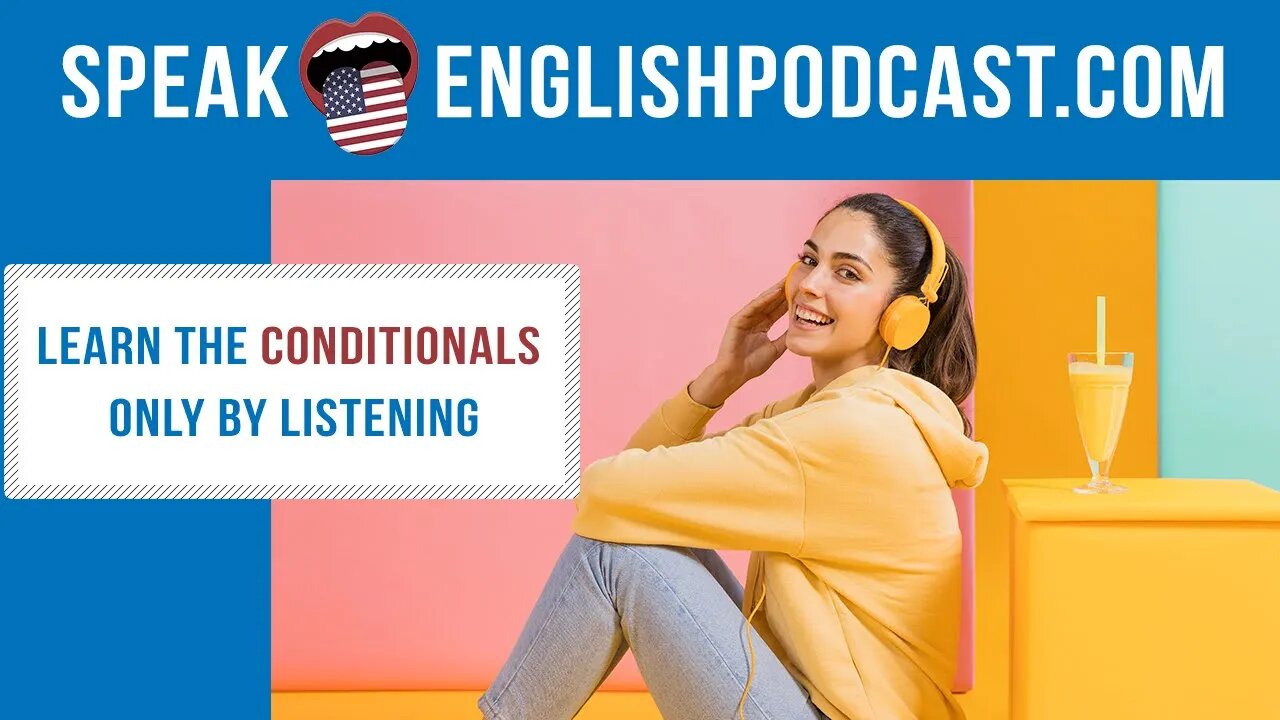
#148 Learn the English Conditionals only by listening (rep)
#148 Learn the English Conditionals only by listening (rep)
READ the TEXT here: https://Speakenglishpodcast.com
Please join me on Telegram:https://t.me/speakenglishpodcastcom
0:00 Intro
0:13 Episode 148
3:35 Story
Hi everyone!
I’m Georgiana; founder of SpeakEnglishPodcast.com. My mission is to help YOU speak English fluently.
Today, I’ll talk about how we use conditionals in English.
After that, we’ll practice them with a Point Of View Story.
Ok, let’s get started!
I’m going to review the different conditionals in English. I don’t recommend you to memorize them, but to understand them. You need plenty of contexts, and the best way to practice the conditionals is by using the Point of View story technique.
Conditionals in English aren’t complicated. I’m going to give you some examples:
Zero conditional
Here, we talk about things that are always true. For example:
If you heat water, it boils.
If you heat ice, it melts.
If it rains, the grass gets wet.
First Conditional
We use the first conditional when we talk about a probable result. For example:
If you study more, you’ll pass the exam.
If I have time, I’ll help you.
Second Conditional
We use the second conditional in case we want to express less probability.
I know you’re busy, but if you went to the cinema, you’d enjoy the new Star Trek movie.
If you studied more, you’d pass the exam.
As you can see, this is more hypothetical. “If you went to the cinema”, means you won’t probably go, but if you went, then you’d like the movie. In the second example happens the same: If you studied more…it seems that you aren’t currently studying enough.
Third Conditional
This third conditional is in the past. We talk about an alternative result about something that happened in the past. For example:
If you had studied more, you would’ve passed the exam.
If I had had more time, I would’ve helped you.
If I had visited you, I could’ve helped you.
In the third conditional, everything happens in the past, and we just express a different result if things weren’t different in the past.
Let’s quickly review the first, second, and third conditional with a common example:
If I have enough money, I’ll buy a ticket to travel to New York.
If I had enough money, I would buy a ticket to travel to New York.
If I had had enough money, I would’ve bought a ticket to travel to New York.
Can you see how the tenses change?
#148 Learn the English Conditionals only by listening (rep)
READ the TEXT here: https://Speakenglishpodcast.com
Please join me on Telegram:https://t.me/speakenglishpodcastcom
-
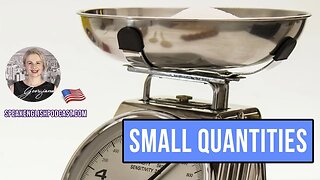 16:04
16:04
Speak English podcast with teacher Georgiana
2 years ago252 Words and Phrases to Describe Small Quantities in English
5641 -
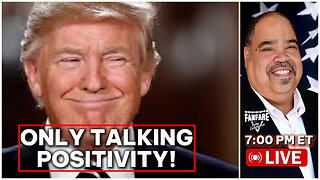 LIVE
LIVE
Barry Cunningham
1 hour agoHERE'S WHY SOME IN MAGA ARE SO NEGATIVE ABOUT PRESIDENT TRUMP?
2,328 watching -
 10:57
10:57
China Uncensored
4 hours agoTurns Out The Iran Conflict Isn't Over...
8704 -
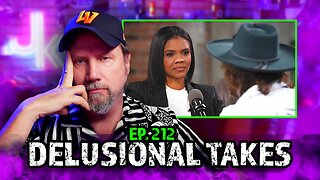 LIVE
LIVE
Jamie Kennedy
2 hours agoCandace Owens Destroys Modern Feminism (and It Gets Worse From There) | EP 212
70 watching -
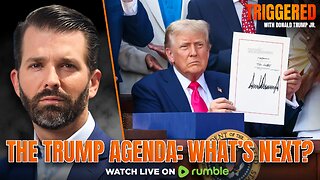 38:26
38:26
Donald Trump Jr.
2 hours agoThis 4th of July, A Nation Renewed, Plus Interview with Grab a Gun CEO Marc Nemati |TRIGGERED Ep.256
87.2K113 -
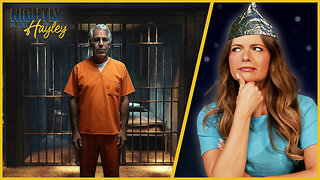 1:06:51
1:06:51
BonginoReport
3 hours agoEpstein: Is It Time To Take Off The Tinfoil Hat? - Nightly Scroll w/ Hayley Caronia (Ep.84)
47.2K121 -
 LIVE
LIVE
RalliedLIVE
6 hours ago $1.62 earnedSHOTTY BOYS vs THE WORLD - WARZONE CHALLENGES
294 watching -
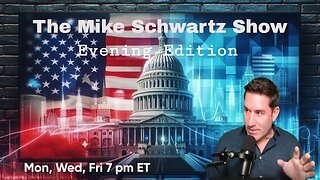 LIVE
LIVE
The Mike Schwartz Show
5 hours agoTHE MIKE SCHWARTZ SHOW Evening Edition 07-07-2025
5,377 watching -
 LIVE
LIVE
LFA TV
1 day agoLFA TV ALL DAY STREAM - MONDAY 7/7/25
801 watching -
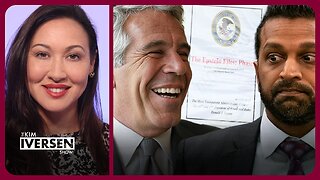 1:18:05
1:18:05
Kim Iversen
4 hours agoThey Think You’re Stupid: Epstein Case Closed
92.7K93